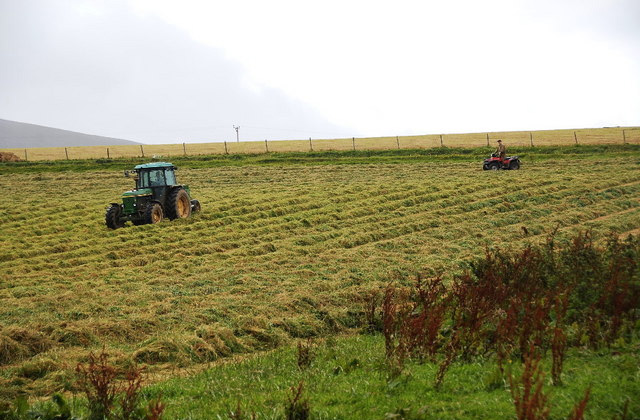
A new scheme has been introduced from 6 April 2014 that will help fund the cost of employing staff. Contained in the National Insurance Contributions Bill there is a new allowance of £2000 that can be claimed by virtually all employers with just a few exclusions. This means, for example, that a business can pay its first employee a salary of up to £22,400 per annum without having to pay any employer’s National Insurance Contributions (NICs).
"This new scheme will be extremely useful to rural businesses with a small number of employees since, if an employer’s NIC liability for the year is less than the £2000 allowance, it will at a stroke reduce the contribution that they have to pay to zero," say Mike Harrison, Partner in the Landed Estates and Rural Business Group of UK top 20 Chartered Accountant Saffery Champness.
"It is however not available to create a refund if not used or a loss to carry forward."
Likewise an employer in more than one PAYE scheme will only be able to apply the allowance to one scheme as it is awarded per employer and not per scheme.
In order to gain the benefit employers need to ensure they have ticked the box on their payroll software. It is also not necessary for them to have been operating the PAYE scheme for a whole tax year, and new employers for the 2014/15 tax year should also be able to benefit from it.
There are some exclusions, including domestic staff, so it cannot be offset against the NICs of an employee whose job is connected with their employer’s personal, family, or household affairs.
Mike Harrison says: "Another measure included for anti-avoidance purposes is that connected entities will each be unable to take advantage of the scheme, and such structures must decide which one will qualify for the allowance. This is to ensure that employers do not set up a number of different entities, all with different PAYE schemes.
"This is a small yet significant concession to business which we consider will help in getting more people into work and in crossing that line where a first or additional employee actually becomes viable. In the rural sector it should be an incentive to rural business to secure additional employment, or to safeguard existing jobs.
"We also look forward to the abolition of employer’s NICs on under 21 year olds from April next year."
